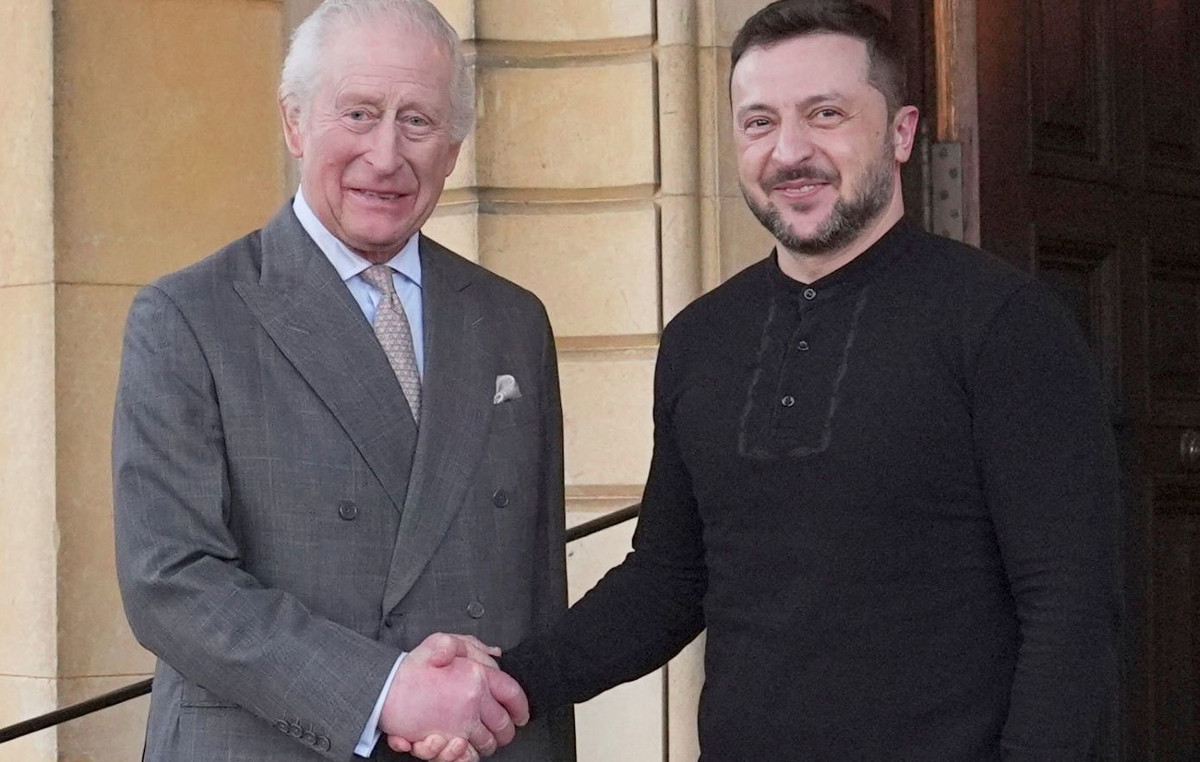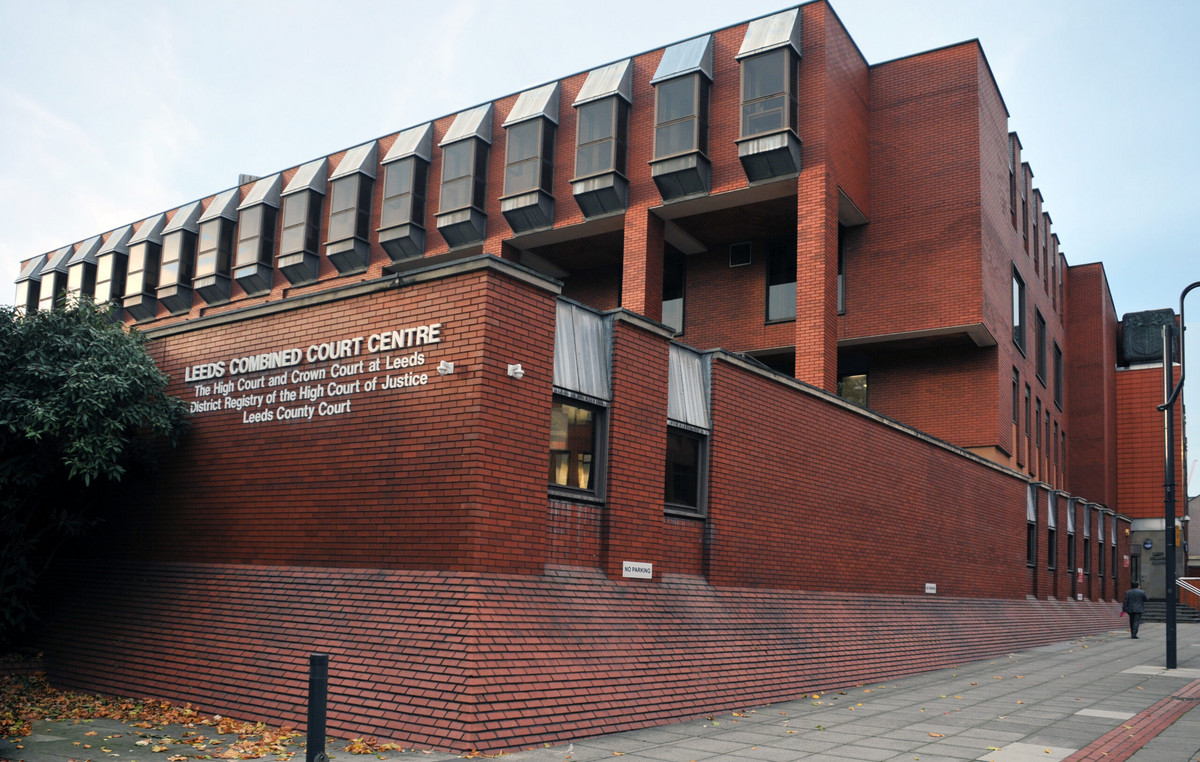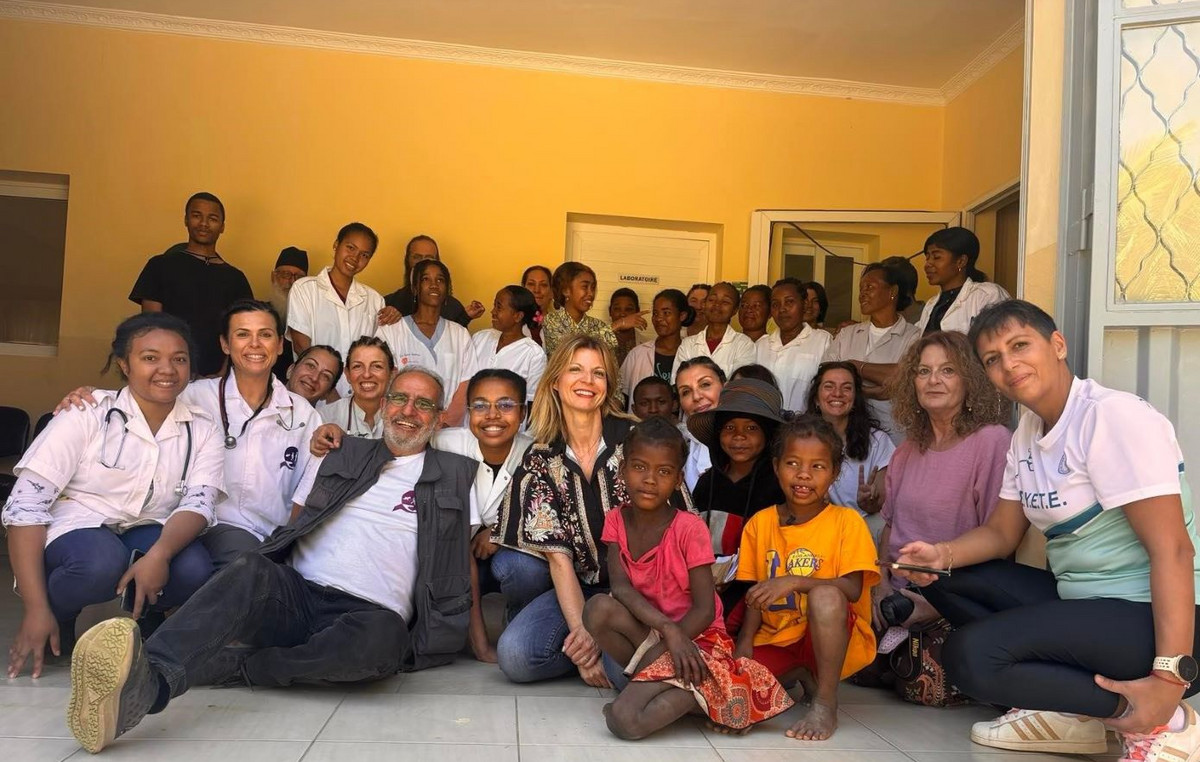In the last episode of the CNN 200+ series “The Evolution of Brazil – Health”, the anchor of CNN Daniel Adjuto shows how health accessible to all in the country is a recent advent in history.
From Fiocruz, in Rio de Janeiro, it takes the viewer on a journey through health and the ability to develop quickly and accurately despite adversities in the 20th century.
According to Bio-Manguinhos, Mauricio Zumma, the development of the factory and the challenge of autonomy and that Akira Homma, one of the 50 most influential scientists in the area of vaccines in the world, reveals the great turning point that took place in the 70s in Brazil in relation to the incorporation of vaccination technologies and the successful campaigns that began at that time and serve as a showcase for the world to this day.
This advance “is a progression of the work of the golden team of Brazilian health”, as Eduardo Bueno says, when listing the names of Oswaldo Cruz, Vital Brasil, Carlos Chagas, Adolfo Lutz and Emílio Ribas and that will be fundamental in the development of a public in Brazil”.
Oswaldo Cruz, for example, was a sanitarian responsible for campaigns that eradicated yellow fever in Rio de Janeiro and promoted the deratization of the city as a way to fight the bubonic plague.
At the turn of the 19th and 20th centuries, sanitary specialist Vital Brasil led the fronts to combat several epidemics that broke out in the country, such as yellow fever, cholera, smallpox and the bubonic plague.
Health historian Luís Teixeira explains to Daniel Adjuto that the culmination of this legacy is in 1988 with the promulgation of the Citizen Constitution, which universalizes health and gives rise to the Unified Health System (SUS), the largest public health system in the world.
These names of people so important to the country, also gave face to large research institutes in the area of public health in Brazil.
The episode follows the adventures of a SUS health team in a remote service to a riverside population in the Amazon.
Connecting present-day deep Brazil to the Brazil of the expeditions carried out by doctors from the Oswaldo Cruz Institute at the beginning of the 20th century, doctor Rodolfo Borges from the Hospital das Clínicas in Ribeirão Preto shows how robotics is beginning to be accessible to SUS patients and reminds us that it is impossible to fight against technology — which has come to make the lives of patients better and, “by no means, to dehumanize the doctor-patient relationship”.
As an example of humanized care, Valdileia Veloso, director of the National Institute of Infectious Diseases, reminds Daniel Adjuto of his fight against AIDS and the Brazilian example in combating the epidemic that exploded in the early 1990s.
Source: CNN Brasil







